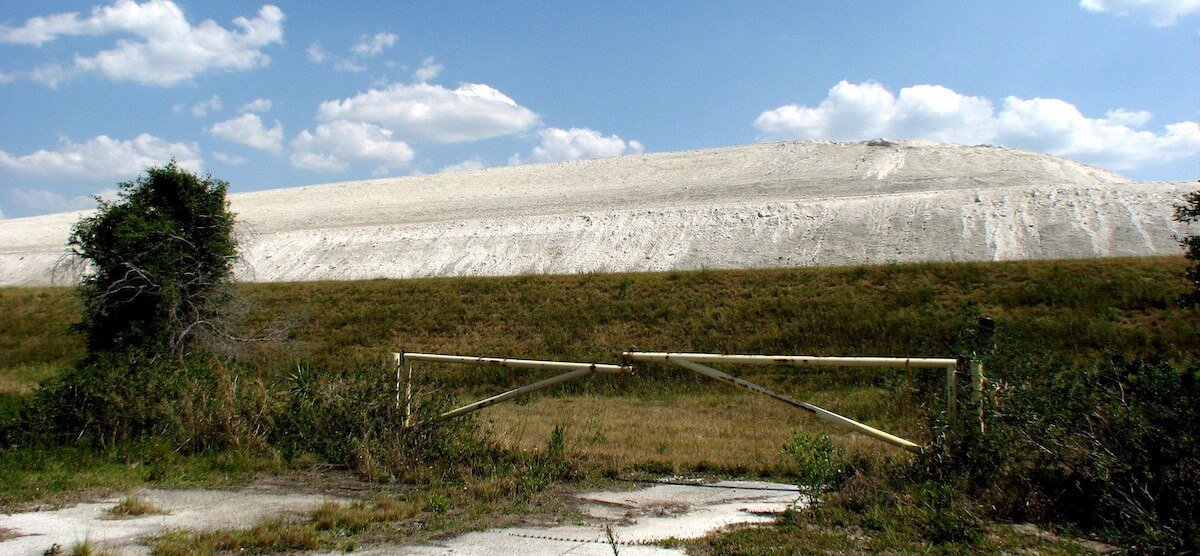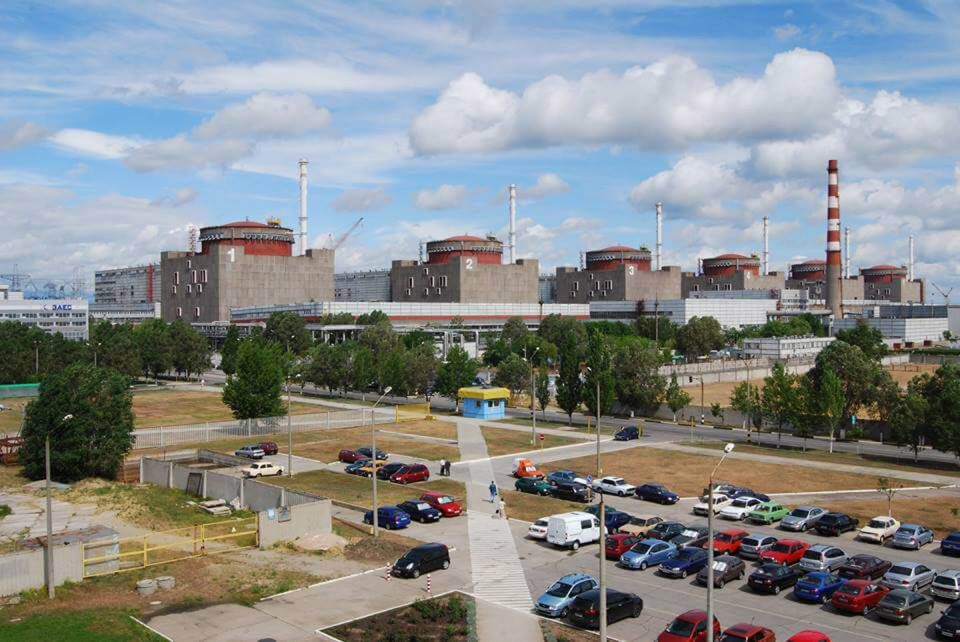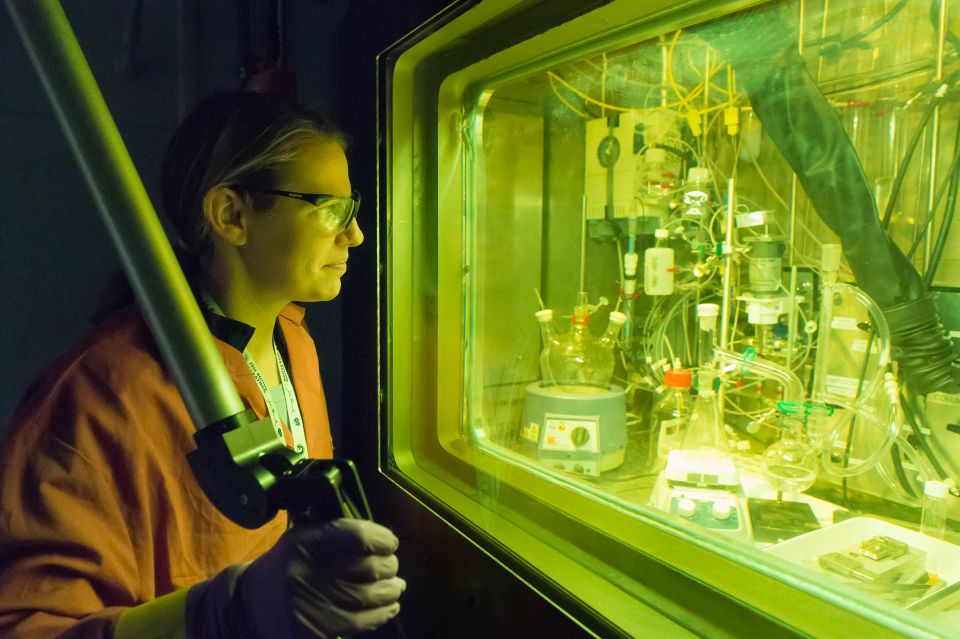NPR: Fertilizer byproduct roads for Florida?

A recent NPR article has reported that Florida legislators have sent a bill to Gov. Ron DeSantis that would require the state’s Department of Transportation to study the use of a radioactive waste material in road paving projects.
That waste material is phosphogypsum, a byproduct of fertilizer production. Opponents of the legislation—H.B. 1191, which passed the Republican-controlled legislature earlier this month—claim phosphogypsum “would hurt water quality and put road construction crews at a higher risk of cancer.”
What is it? According to the U.S. Environmental Protection Agency, phosphogypsum is the waste left behind after “the phosphorous is removed by dissolving [phosphate] rock in an acidic solution” during the phosphate production process. Naturally occurring uranium, thorium, and radium remain in the waste, and because it is concentrated, “phosphogypsum is more radioactive than the original phosphate rock.” The NPR article quotes the EPA as saying that the radium present in the waste material “is of particular concern because it decays to form radon, a cancer-causing radioactive gas.”
The Fertilizer Institute, which represents the fertilizer industry, believes that phosphogypsum would be safe to use in road construction, according to the article. Researchers in China published a study last year expressing optimism about the material’s potential use in road construction.
Fertilizer industry: Florida is the nation’s largest producer of phosphorous, accounting for about 80 percent of the current capacity, according to the EPA. The production process generates massive amounts of phosphogypsum waste that must be stored at enormous waste sites called “gypstacks.” According to the article, these stacks have “been linked to serious problems over the years, due to sinkholes and other breaches.”
According to the article, the Center for Biological Diversity has called out the fertilizer industry for being unable to manage its “toxic waste problem” and wanting to use Florida as “a test subject in the industry’s reckless experiment” of using phosphogypsum for road construction.
Political considerations: The article quotes the EPA as saying that for more than three decades, “phosphogypsum remains prohibited from use in road construction.” Any new plan to use the material for roadwork would require a review by the EPA. Although the legislation does not address this prohibition, it has provided supporting documentation showing that the agency does allow some uses for research purposes.
H.B. 1191 has set a deadline of April 1, 2024, for the Florida DOT to complete its evaluation and make its recommendation. For this process to begin, the legislation must first be signed by Gov. DeSantis. If DeSantis takes no action, the bill will be enacted automatically.




